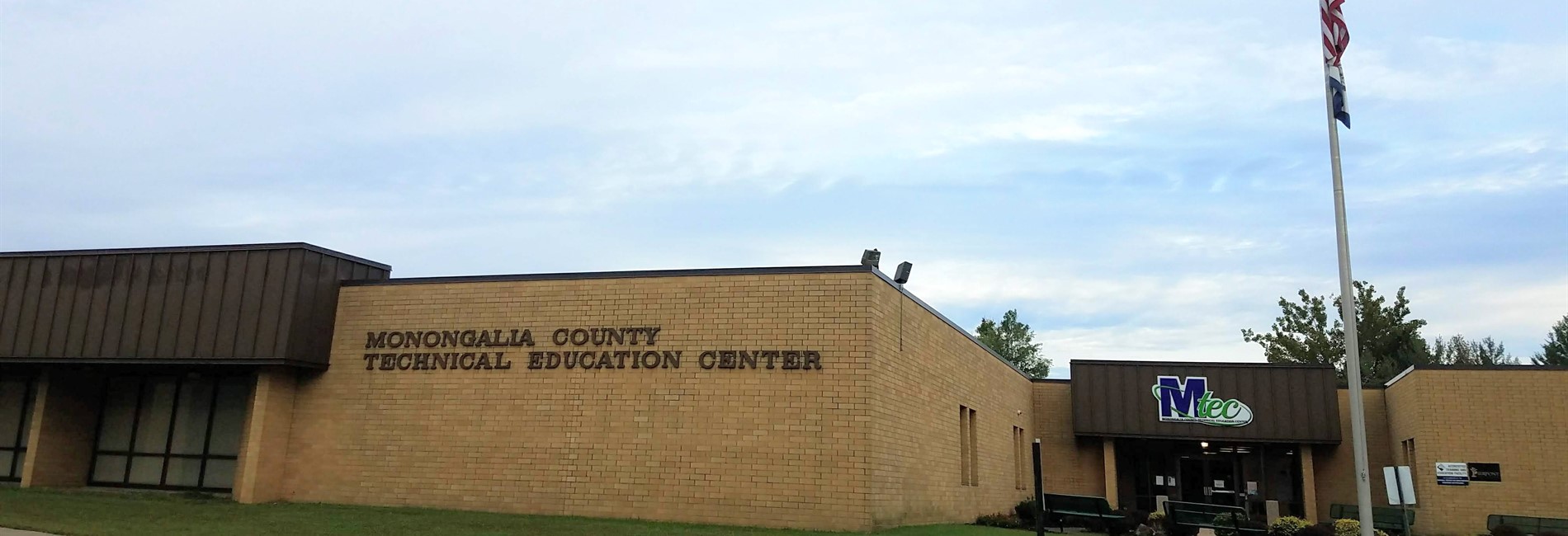That summary report released by the West Virginia Department of Education last month doesn’t contain anything that Nathan Newbraugh didn’t already know.
At least in its regard of career technical education as a viable offering in the state’s 55 public school districts.
The department discussed such classroom alternatives during its “listening tour” last fall.
Six schools across the state were on that tour, including the Monongalia Technical Education Center, in Morgantown.
Audiences included everyone from teachers to parents of school-aged children.
Newbraugh, meanwhile, is a graduate of the carpentry program offered by the center on Mississippi Street.
Last spring, he went straight from his job on a contracting crew to his METC graduation ceremony.
Newbraugh unhooked his tool belt and threw on his cap and gown — just in time to pick up his diploma.
“You learn from the best,” he grinned. “And you get hired pretty quick.”
You also stay engaged in school — especially if a traditional classroom setting isn’t necessarily for you.
More than 300 showed up in person for the tour stops.
Another 1,650 people submitted written responses to the board’s online survey questions.
In-person attendees took part in four sessions, which delved into college and career readiness, teacher preparation, standards and curriculum and matters of family engagement.
You can read the 19-page report online at https://wvde.us/state-board-of-education/.
The idea, state Board President Dave Perry said then, was to weave all of the above into a narrative for state lawmakers.
That audience is already in Charleston for the 2020 legislative session, which gaveled in last week.
The format veered away from the flashpoints of teacher paychecks and charter schools, so as not to squander intellectual and emotional resources on issues that have already been vetted and voted on, Perry said.
“The listening tours are all about what’s going to be best for our students right now,” he said.
Which, according to the summary, means career technical education.
A total of 94% of respondents said it would be “worthwhile for tax dollars” if more technical education offerings showed up on high school class schedules.
And 83% said it would be even better if career technical education was expanded to middle school.
Is technical education directly aligned to future economic growth in the state? A total of 38% of respondents strongly agreed.
However, 31% percent feel that West Virginia’s public schools aren’t doing a good job in providing “adequate career readiness resources” to help students ready for life after high school.
Which was right in line with the thinking last fall of Bryan Dougherty, a Ritchie County high school teacher who took in the tour in Morgantown.
Young people leave West Virginia after high school and college because they have to, he said.
His class rolls include Advanced Placement learners bound for college and students who say they want to go into the workforce or military after graduation.
Dougherty focused on the latter.
“We’ve gotta create opportunities that kids can see,” he said. “Right now they’re seeing truck driving jobs and welding jobs. But those jobs aren’t always going to be there.”
TWEET @DominionPostWV.




